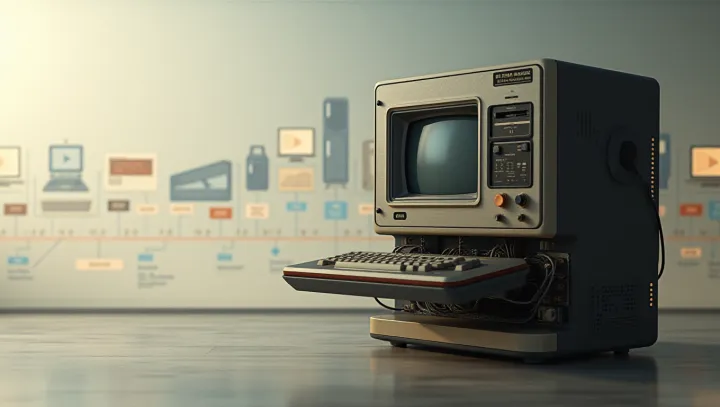The Unexpected Beginnings of the First Computer

In the annals of technological history, 1941 stands out as a landmark year. It bore witness to the creation of the first programmable computer, the Z3, developed by the visionary engineer Konrad Zuse in Germany. This seminal invention laid down the foundation of contemporary computing.
The Z3 was a marvel of engineering, composed of 2,000 relays, and it processed instructions in a way that could be seen as primitive today, yet it was groundbreaking at its advent. This innovation unlocked new realms of computational possibilities, enabling calculations and problem-solving at unprecedented speeds. Experts in technological evolution recognize the Z3 as not just a machine, but a herald of the digital revolution.
It exemplifies how necessity and ingenuity paved the way for modern advancements, influencing not only subsequent computing devices but setting a precedent for budding technologists worldwide. As society becomes increasingly dependent on technology, reflecting on the Z3's inception reminds us of the relentless human pursuit of progress. This ongoing journey from rudimentary computation to sophisticated systems illustrates the profound impact of the first computer on current technological landscapes.
